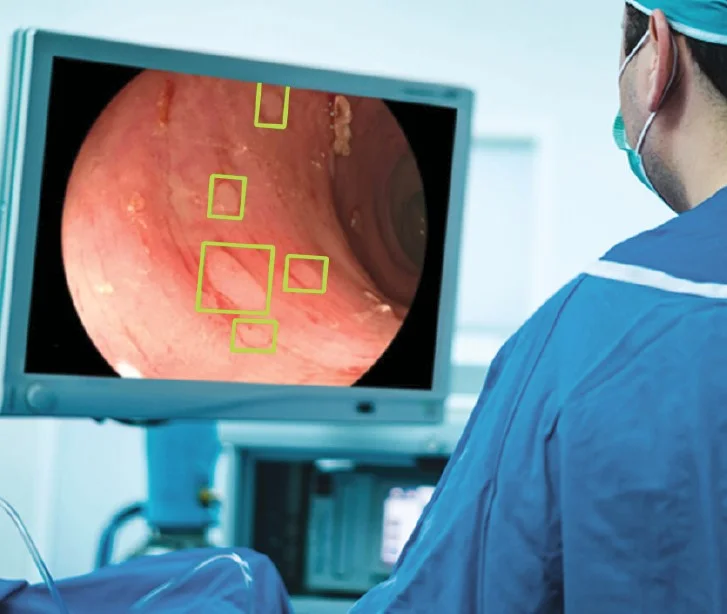
Gastroenterology of the Rockies Has Removed 350,624 Colon Polyps Over the Last 27 Years
Celebrating Colon Cancer Awareness month this March, Gastroenterology of the Rockies is proud to announce that is has removed 350,624 colon polyps over the last 27 years of business. As colon polyps can develop into colon cancer, the early detection and removal of polyps is essential in the fight to eliminate colon cancer.
Colon cancer is the third most common form of cancer diagnosed in the U.S., with almost 150,000 new cases every year. Gastroenterology of the Rockies Is also the first practice to implement the GI Genius™ Artificial Intelligence Enhanced Colonoscopies program to better detect colon polyps and help prevent colon cancer. GI Genius™ enhances colonoscopies by processing images in real time and with 99.7% sensitivity, allowing physicians to detect lesions early and improve patient outcomes for the third deadliest cancer in the world.
“Studies have shown that every 1% increase in adenoma detection rate (detection of colon polyps) reduces the risk of colon cancer by 3%. So in addition to our extremely skilled gastroenterologists and high-quality prep protocols we seek out every advantage to better find and remove precancerous polyps. Artificial intelligence enhanced colonoscopies are a unique benefit to our patients,” said Dr. Joseph Cassara, MD, MBA and Chief Medical Officer of Gastroenterology of the Rockies. “Since implementing GI Genius, we have seen a 6.5% increase in the detection rate of polyps, this is in addition to our already very high detection rate. We believe this is a major step in the fight to eliminate colon cancer.”
Leveraging the power of A.I. in GI Genius™, physicians at Gastroenterology of the Rockies can scan every visual frame of the procedure in milliseconds to identify lesions, such as polyps, that can be missed by the human eye. When a polyp is recognized by GI Genius™ it projects a green bounding box on the module screen and produces a sound to alert the physician of an abnormality. The dataset pulls from over 13 million polyp images, and continues to add new images to the dataset, ultimately leading to better polyp detection.
“We are extremely excited about how artificial intelligence can help us detect and remove polyps, and for being able to deliver this technology to our patients – at no additional cost. Our doctors already had high rates of polyp detection and will never be replaced by artificial intelligence, however, it is nice to have an “extra set of eyes” to help detect polyps,” said Dr. Joseph Cassara, MD, MBA and Chief Medical Officer of Gastroenterology of the Rockies.
